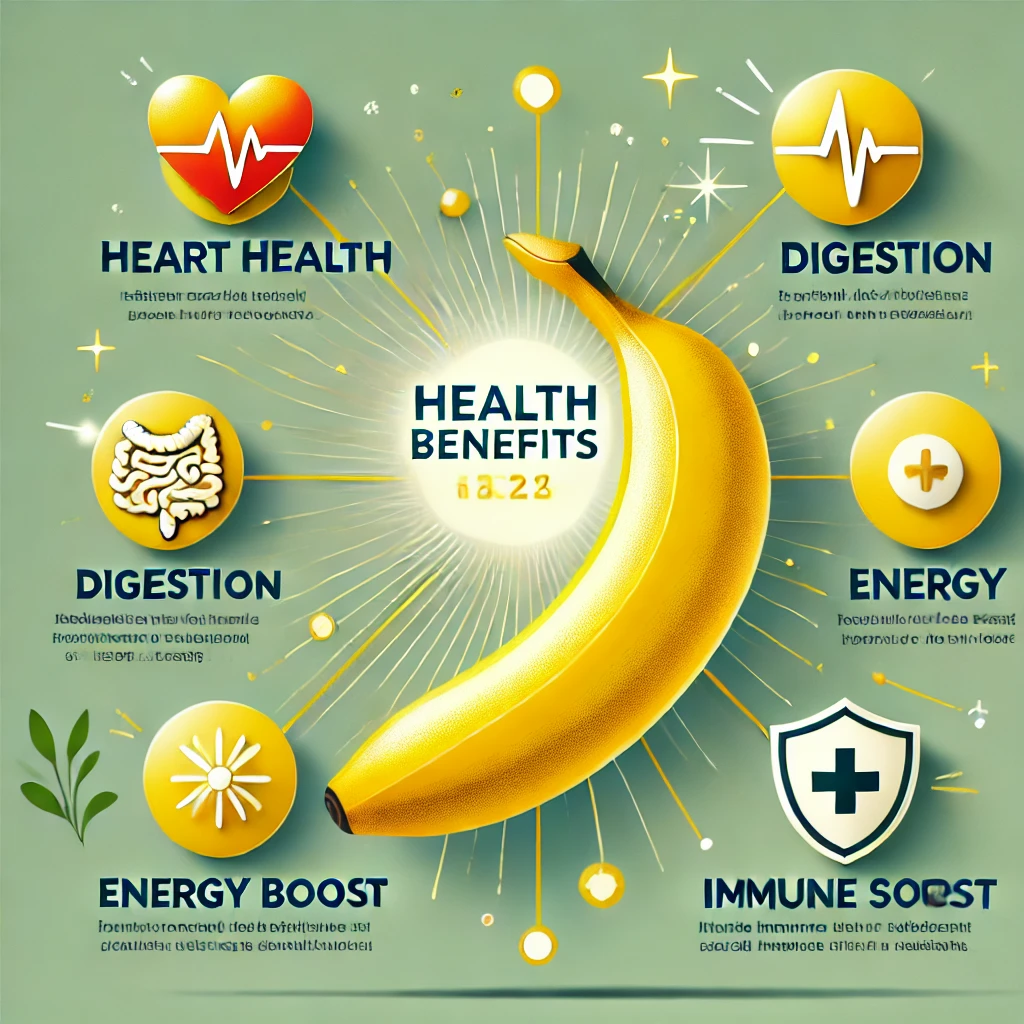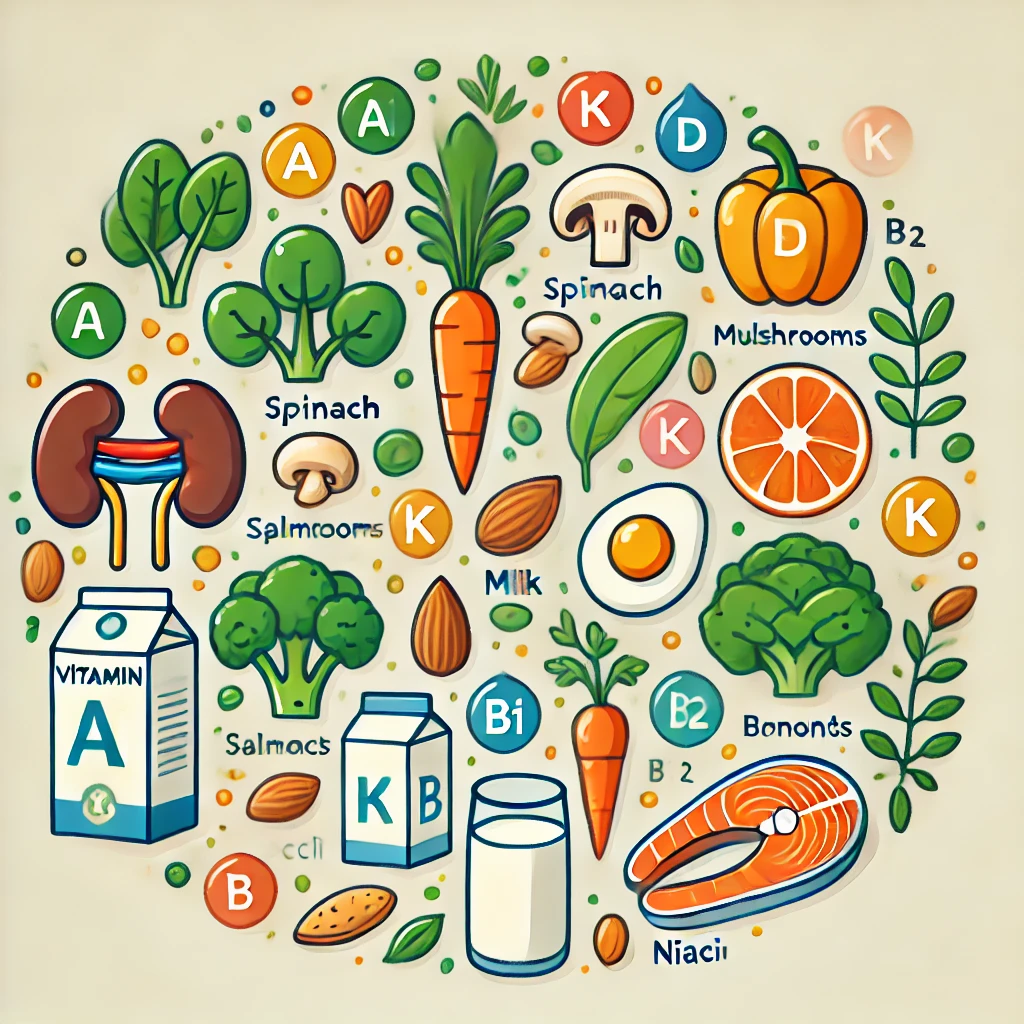The Ultimate Guide to Eating Bananas, Banana health benefits
Banana health benefits : Potassium, Health Benefits, and Precautions for Kidney Patients Banana health benefits, Bananas are a delicious and convenient snack that offers a wealth of health benefits. Packed with potassium, vitamin C, and… The Ultimate Guide to Eating Bananas, Banana health benefits

